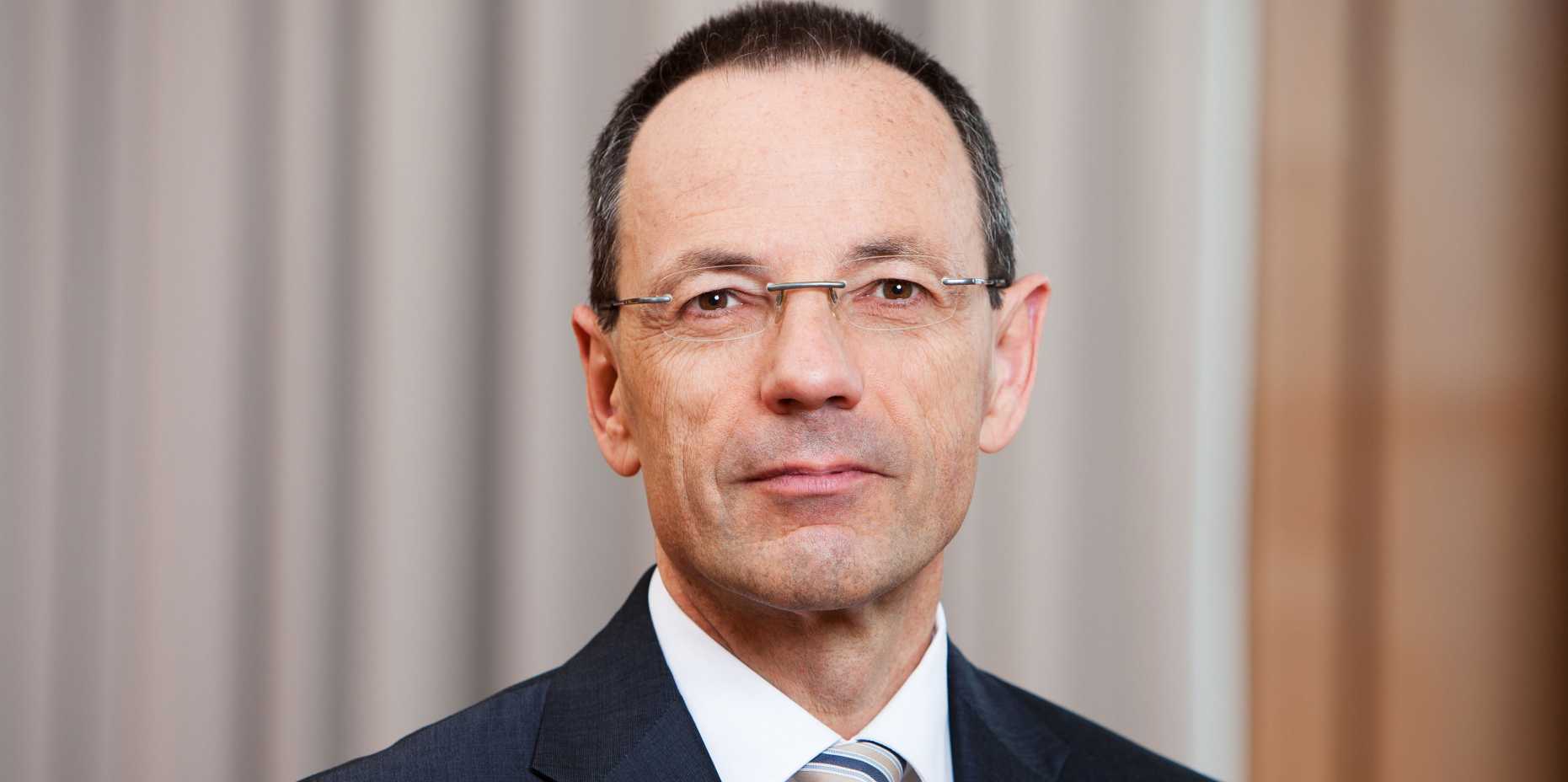A fresh start for the Swiss higher education system
As of this year, the interests of all higher education institutions in Switzerland are represented by the new Rectors’ Conference of Swiss Universities, known as swissuniversities. On Tuesday, ETH President Lino Guzzella was elected to the swissuniversities Board.
The New Year brought with it a fundamental change in the Swiss higher education landscape: as of 1 January 2015, the rectors and presidents of ETH Zurich, EPF Lausanne and the cantonal universities, along with their colleagues from Switzerland’s universities of applied sciences and universities of teacher education, have been united under the swissuniversities umbrella.
The rectors’ conferences CRUS (for universities), KFH (for universities of applied sciences) and COHEP (for universities of teacher education), which previously operated separately, have now been merged to form swissuniversities, which represents the common interests of all three types of higher education institution in national and international education, research and innovation policy. CRUS was disbanded on 31 December 2014, marking the end of a history stretching back over a century.
The universities, universities of applied sciences and universities of teacher education each have their own chamber within the new rectors’ conference. These chambers can set up task- or issue-specific commissions and invite affected groups, such as students, to participate.
Lino Guzzella: “A platform for dialogue”
“swissuniversities is a platform for dialogue within and about the Swiss higher education system,” said ETH President Lino Guzzella, who was elected to the swissuniversities Board on Tuesday. “As a voice for all higher education institutions in Switzerland, the new rectors’ conference will help to maintain and enhance the excellent standard of education, research and innovation in Switzerland.”
The new rectors’ conference re-elected Martine Rahier as its President in Berne on 20 January 2015, while appointing the vice-presidents and remaining members of the Board. Professor Rahier, who is Rector of the University of Neuchâtel, has presided over swissuniversities since it was established in November 2012. Her three-year term as President will finish as planned at the end of 2015.
The plenary assembly has elected the following new members to the Board:
- Franco Gervasoni, Director of the University of Applied Sciences and Arts of Southern Switzerland (SUPSI), representing the chamber of universities of applied sciences; and
- Erwin Beck, Rector of the University of Teacher Education St Gallen (PHSG), representing the chamber of universities of teacher education.
By virtue of their office, the presidents of the three chambers are also members of the Board and serve as vice-presidents of swissuniversities:
- Antonio Loprieno, Rector of the University of Basel;
- Hans-Rudolf Schärer, Rector of the University of Teacher Education Lucerne (PH Luzern); and
- Crispino Bergamaschi, President of the Board of Directors of the University of Applied Sciences and Arts Northwestern Switzerland (FHNW).
A new era
The new rectors’ conference has been set up as a direct result of the new Swiss Federal Higher Education Act (external page HEdA), which also came into force on 1 January 2015 and now governs the coordination between the Swiss federal government and the cantons on higher education policy. The regulations on the organisational bodies and accreditation come into effect this year, while new financing rules are due to enter into force in 2017.
The Swiss Conference of Higher Education Institutions (SHK) is now the most senior governing body for higher education policy in Switzerland and meets either as a plenary assembly or as the universities board. The universities board represents the 14 university cantons and cantons responsible for providing higher education funding.
The SHK is now overseen by the Head of the Federal Department of Economic Affairs, Education and Research, Federal Councillor Johann Schneider-Ammann. In the previous Swiss University Conference, management duties were assumed by representatives from each canton. In this respect, this year marks the dawn of a “new era in the higher education sector”, as the Swiss Federal Council proclaimed at the end of December.
Both bodies are open to other actors of the Swiss higher education landscape: swissuniversities is responsible for issuing statements on the affairs of the SHK, submitting requests on behalf of the higher education institutions, accepting mandates from the federal government and managing various programmes and projects.

Comments
First of all I would congratulate to Mr. Lino Guzzella being elected to President of the swissuniversities Board. I hope he will make Switzerland the first destination of Education for the students of the World. Where innovation and development will be key to the future. Where every educator and scientist will be honored.